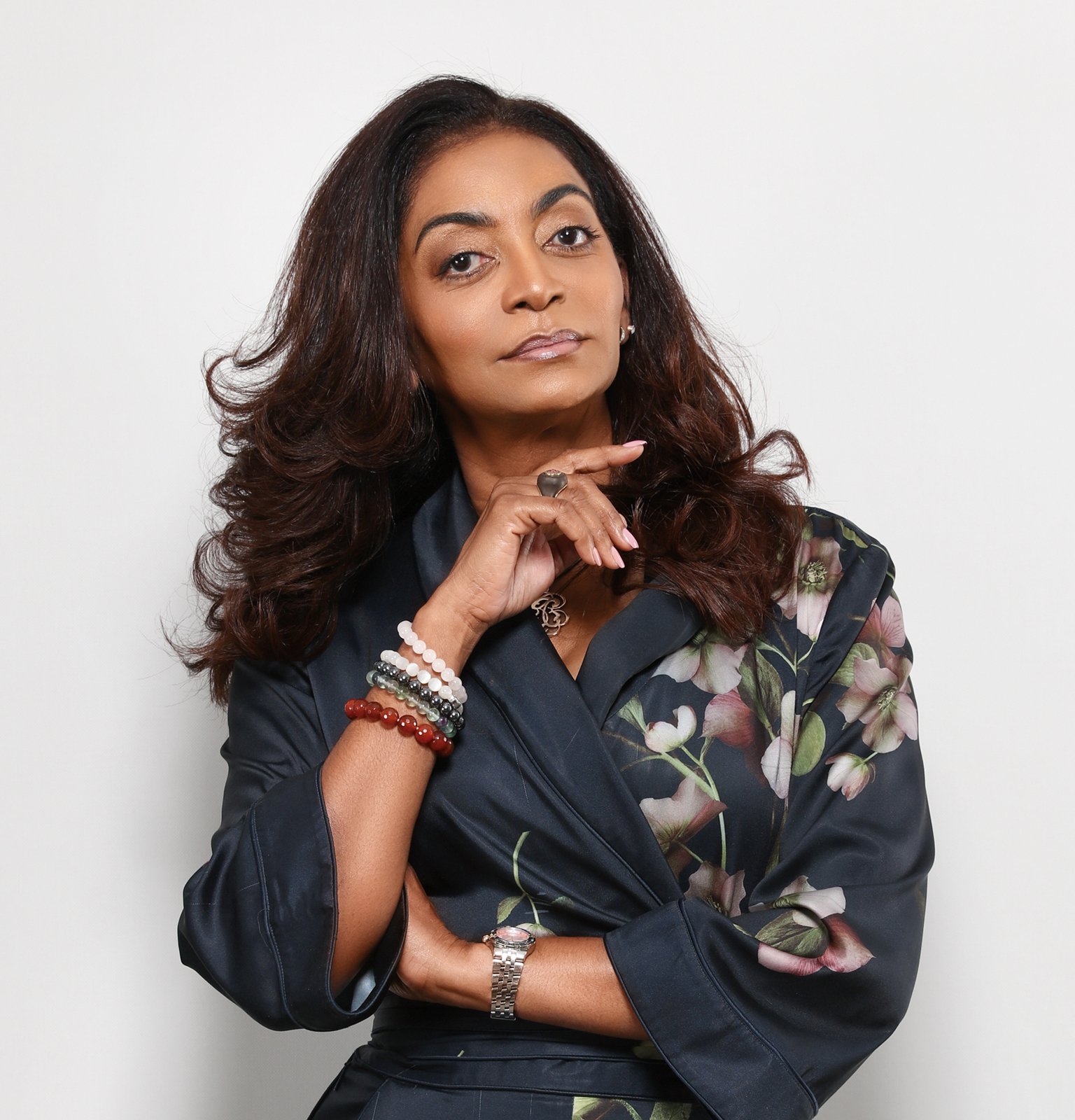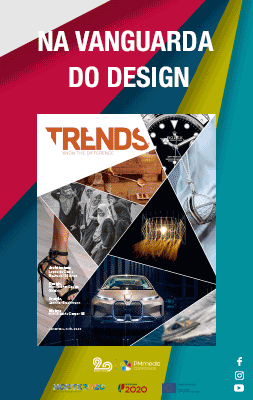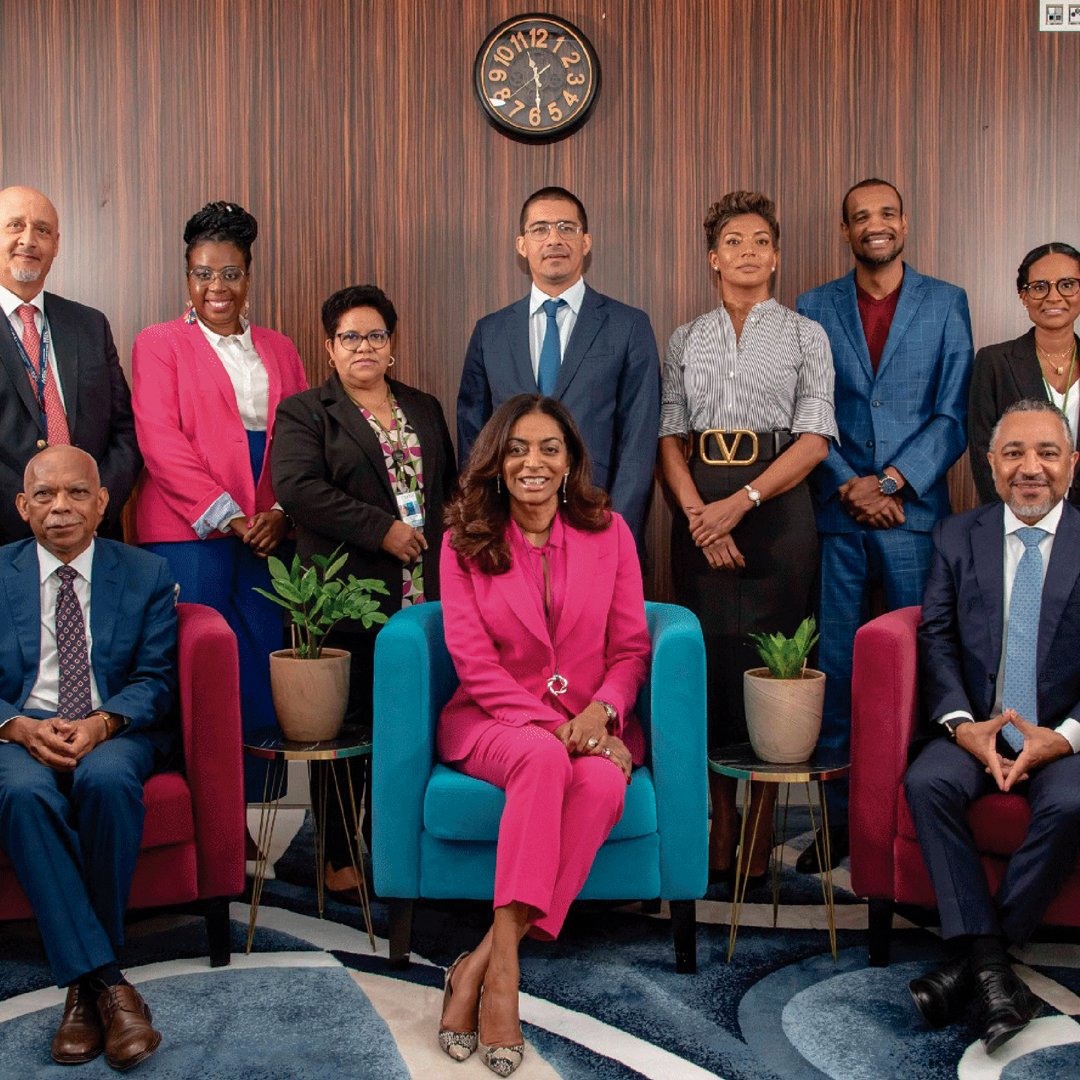
Clinical psychology is part of her professional life, along with management and finance, two universes that you wouldn’t expect to mix, but which fit perfectly into Noelma’s life. Entrepreneurship is part of her, as is the ability to see the world as it is. With its flaws. With its strengths. A gift for someone who knows how to interpret numbers and, above all, see beyond them. Being a woman is one of her greatest privileges, a condition that has made her a mother and a wife. Humanism is another characteristic she is proud of, as it allows her to fight for a more empathetic and equitable world. This is therefore her modus operandi: putting her talents to good use to help those in need.
What is your mission in Angola as a citizen and professional?
To educate! More and more, I want to make a serious contribution to economic and social development in Angola and around the world. As a clinical psychologist, I practised for a few years, providing counselling and help. As a manager, my focus has been on improving people’s living conditions. As a citizen, I try to learn every day and have the intellectual honesty not to «replicate voices of ignorance», many of which overwhelm us on social networks or appear on stages and, in fact, there is a fervent tendency to follow them as if they were sowing the seeds of truth. I’m worried that we’re focused on immediacy, on appearances, on having rather than being. So, as a citizen and a professional, I’ve been striving to study and learn in order to be more rigorous and ethical, preserving the quality of what I transmit. I’m also concerned about the lack of depth on issues, which means that we run the risk of encouraging the creation of a generation based on fragile and violent values, a group that is already mostly critical, negative and against everything and everyone. I try to make my actions and words consistent, with a good dose of composure, balance and principles of peace and hope.
Is being a woman and an entrepreneur an easy task?
It’s a privilege to be a woman. Being a mum is a gift inherent to that condition too. Being a wife, with a husband and partner by your side, is another privilege. So, creativity, the willingness to undertake and develop projects, without frustration and anguish, becomes relatively simple. Even though I have this family support, I have of course experienced moments of unfortunate surprises, ranging from hearing comments about my dress or high heels to being accompanied by a male colleague who is automatically considered the boss because of the gender he represents. I believe that the best way to empower women is to educate them to value themselves and achieve independent personal fulfilment, teaching them from a young age what they are worth and how to appreciate themselves. At the same time, we need to educate, foster and develop a positive masculinity in boys, who are predisposed to looking at women as a peer and in a respectful way, free from competition and/or superiority.
«Education plays a fundamental role in reducing poverty»
What is your mission in Angola as a citizen and professional?
To educate! More and more, I want to make a serious contribution to economic and social development in Angola and around the world. As a clinical psychologist, I practised for a few years, providing counselling and help. As a manager, my focus has been on improving people’s living conditions. As a citizen, I try to learn every day and have the intellectual honesty not to «replicate voices of ignorance», many of which overwhelm us on social networks or appear on stages and, in fact, there is a fervent tendency to follow them as if they were sowing the seeds of truth. I’m worried that we’re focused on immediacy, on appearances, on having rather than being. So, as a citizen and a professional, I’ve been striving to study and learn in order to be more rigorous and ethical, preserving the quality of what I transmit. I’m also concerned about the lack of depth on issues, which means that we run the risk of encouraging the creation of a generation based on fragile and violent values, a group that is already mostly critical, negative and against everything and everyone. I try to make my actions and words consistent, with a good dose of composure, balance and principles of peace and hope.
Is being a woman and an entrepreneur an easy task?
It’s a privilege to be a woman. Being a mum is a gift inherent to that condition too. Being a wife, with a husband and partner by your side, is another privilege. So, creativity, the willingness to undertake and develop projects, without frustration and anguish, becomes relatively simple. Even though I have this family support, I have of course experienced moments of unfortunate surprises, ranging from hearing comments about my dress or high heels to being accompanied by a male colleague who is automatically considered the boss because of the gender he represents. I believe that the best way to empower women is to educate them to value themselves and achieve independent personal fulfilment, teaching them from a young age what they are worth and how to appreciate themselves. At the same time, we need to educate, foster and develop a positive masculinity in boys, who are predisposed to looking at women as a peer and in a respectful way, free from competition and/or superiority.
«Education plays a fundamental role in reducing poverty»





